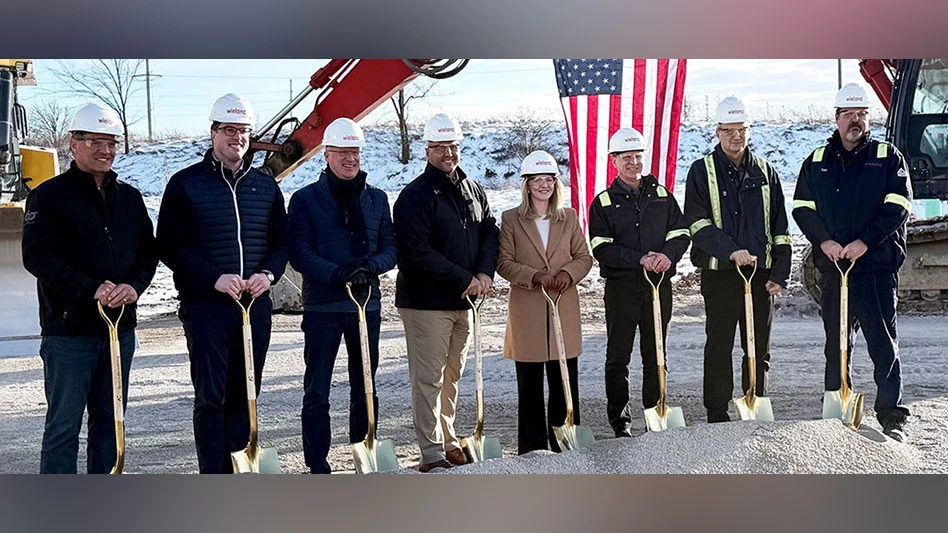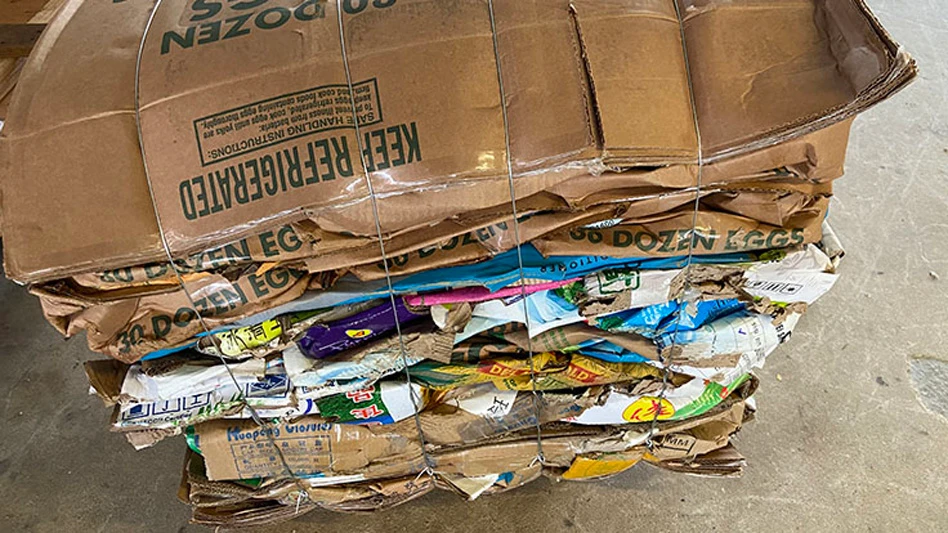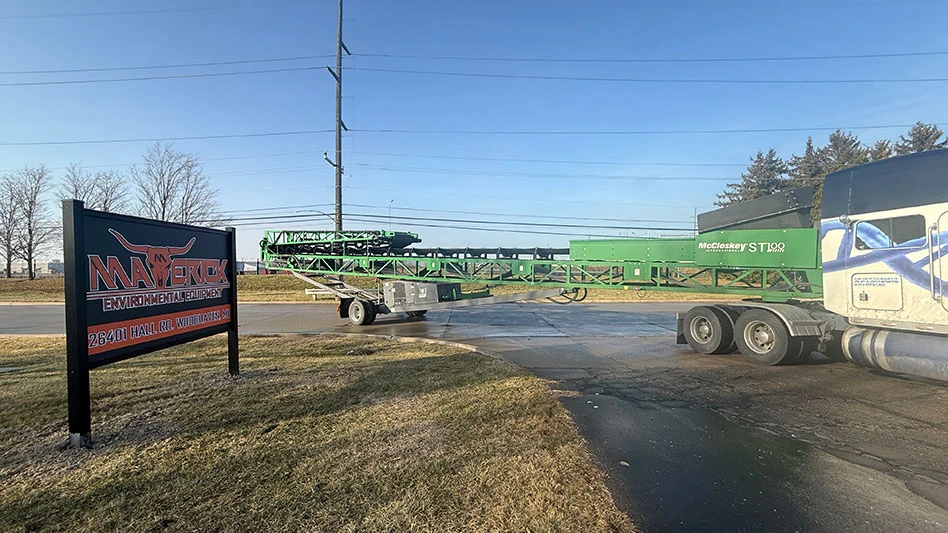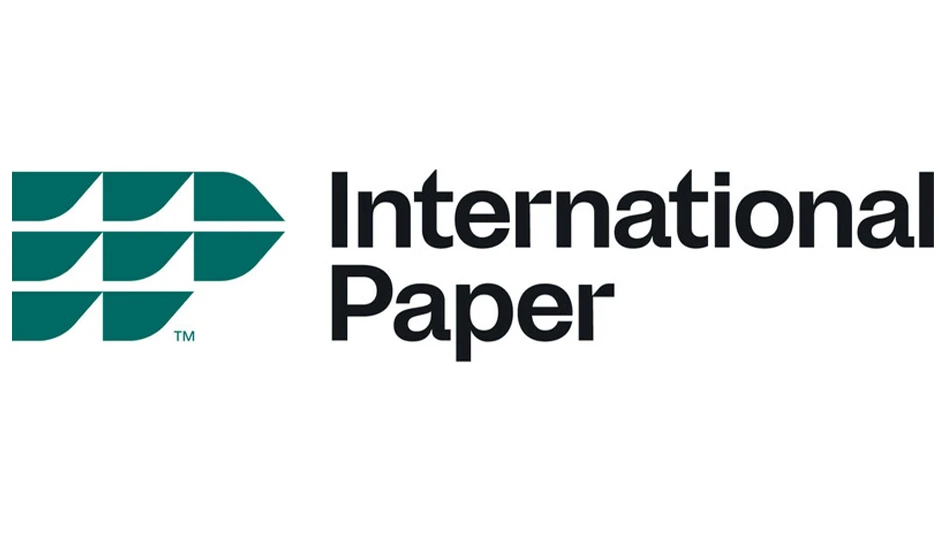
Photo courtesy of Covestro
Three European companies have signed a project agreement that will result in the recycling of end-of-life tires into what they call high-quality plastics for automotive applications.
The partnership involves Finland-based petrochemical firm Neste, Austria-based polymers and chemicals producer Borealis and Germany-based Covestro, another polymers producer.
The process starts with collected tires being liquefied using pyrolysis, followed by the processing of postpyrolysis materials into base chemicals. In the final step, the chemicals are refined into “polycarbonates of high purity” that can be used in automotive components such as headlamps and radiator grills.
“Circularity requires cooperation, and this cooperation with our partners Neste and Borealis is testament to the possibilities at our disposal,” says Guido Naberfeld, senior vice president at Covestro.
“We are creating options to turn old tires into new car parts again. With that, we are supporting our automotive customers and addressing an increasingly prominent question discussed across the value chain: How to match high-performance materials with recycled content? Projects like this can be the answer.”
Neste will oversee the pyrolysis process designed to produce raw materials for polymers and chemicals production, with those materials then being supplied to Borealis.
Borealis will then process the Neste-produced raw materials into base chemicals phenol and acetone, which are supplied to Covestro. According to the companies, Covestro can use these materials to make polycarbonates. The share of recycled content in what it produces will be ascertained using International Sustainability & Carbon Certification (ISCC) Plus certification.
The first products based on the collaboration are already available as each party has manufactured the first batch of their respective contribution to the project.
In addition to polycarbonates, the project partners also could consider polyurethanes as a possible end product, which also could find end markets in the automotive sector.
The companies say the potential to scale up will be tied in part to the enforcement of targets spelled out in future EU regulations, such as the End-of-Life Vehicles Directive.
“We are demonstrating the importance of value chain cooperation to give new value to waste,” says Thomas Van De Velde, senior vice president at Borealis. “We are proud that Borealis, in collaboration with Neste, is able to play a role in this project, providing more sustainable solutions for polymer applications for Covestro and its customers.”
“This project can serve as a blueprint when it comes to establishing circularity in the field of plastics in cars,” adds Jeroen Verhoeven, vice president at Neste. “It shows how low-quality waste materials can be turned into very high-quality plastics. This is good news for the polymers and automotive industries as well as for the environment.”
Latest from Recycling Today
- WM reports revenue, earnings growth in Q4 and full-year 2025
- Solarcycle’s Cedartown, Georgia, recycling facility opens
- Stadler equips Spanish MRF
- SSAB finishes 2025 with decreased revenue
- Vecoplan appoints CFO
- Aurubis raises full-year forecast
- Levitated Metals adds LIBS sorting technology
- Redwood Materials closes on $425M in Series E financing





